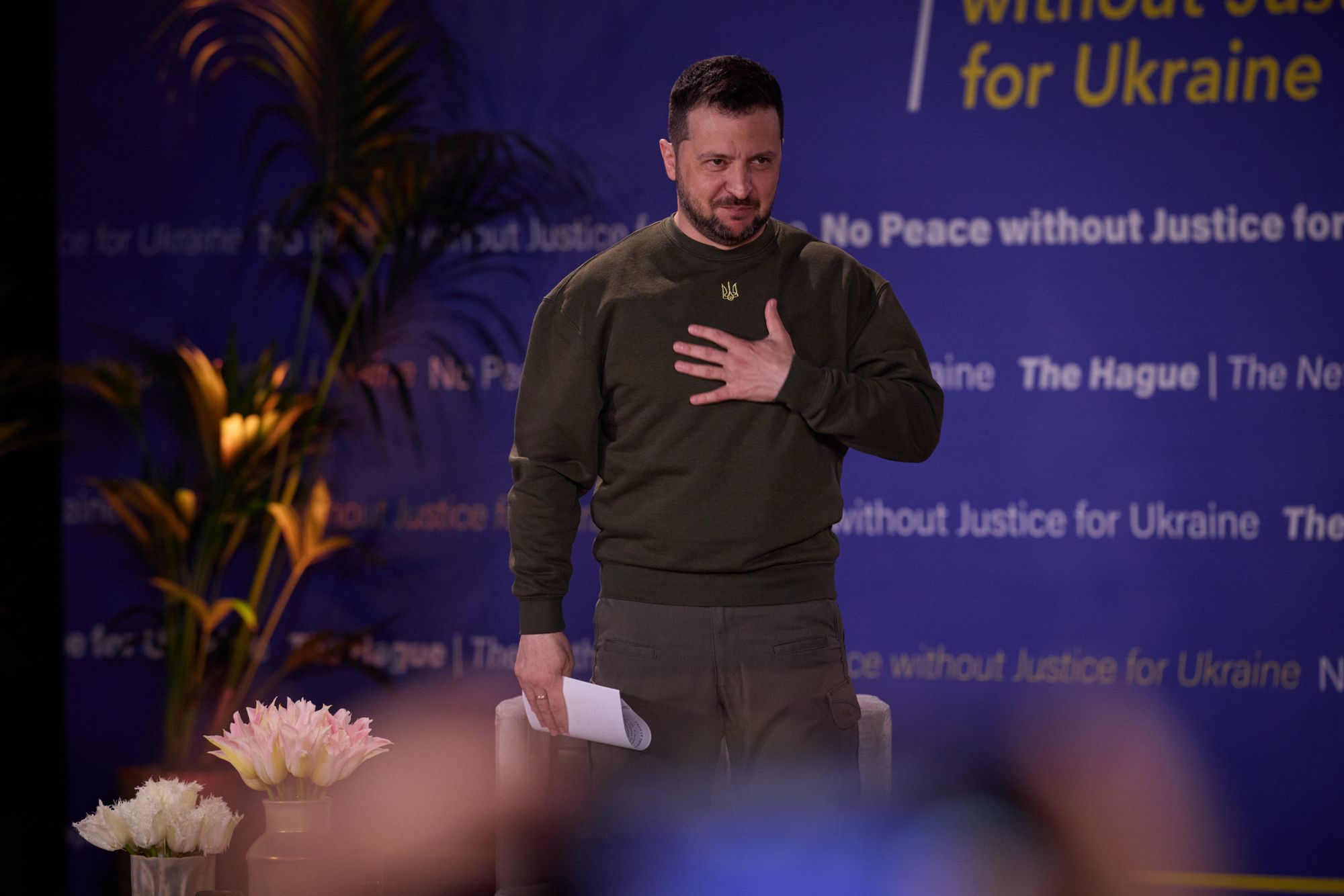The Berlin police will ban the display of Ukrainian and Russian flags near the city's three Soviet war memorials this upcoming May 8-9, the Berlin Morning Post reported on May 5.
The ban, which will occur for the second year in a row, is to ensure "dignified commemoration of the fallen soldiers of the then Soviet Army," according to the Berlin police.
Additionally, the playing of marching and military songs around the three memorials will also be prohibited, as will "making exclamations that, due to the current situation, are intended to approve or glorify the war in Ukraine."
Last year's ban stirred up controversy amongst Germany's Ukrainian community, including Ukraine's former ambassador to Germany, Andriy Melnyk, the Berlin Morning Post wrote.
According to the Berlin Police, "the act of remembrance and respect for these memorials must be preserved against the background of the ongoing Russia-Ukraine war."
May 8 marks the Allied powers' victory against Nazi Germany during World War II.
In a similar move, Moldova's police announced that they would fine anyone wearing St. George's ribbon as "a symbol of (Russian) military aggression" on May 9.
The orange-and-black striped St. George's ribbon is one of the most common symbols representing the Soviet Union's victory over the Nazis during World War II. However, it has since become a symbol of the Russian military and its genocidal war against Ukraine.












